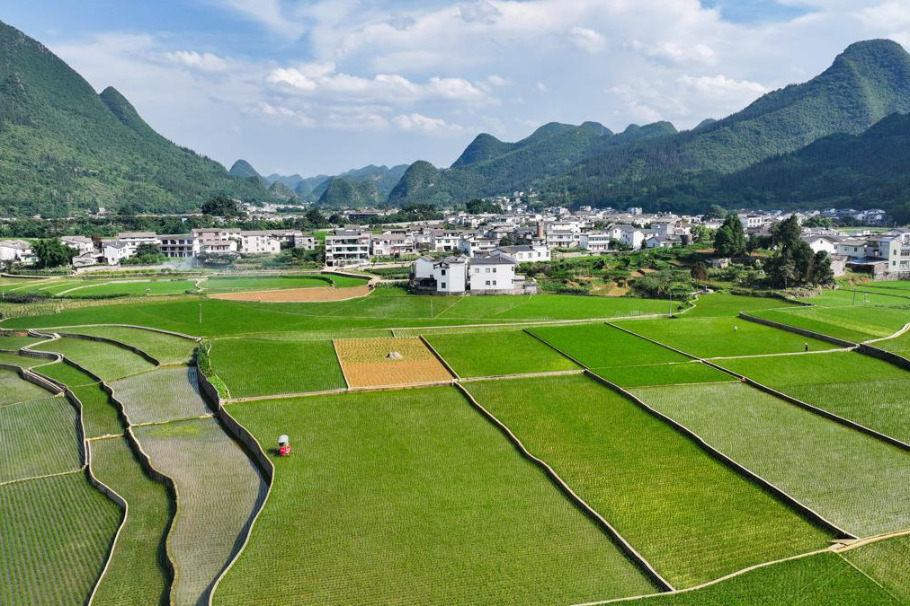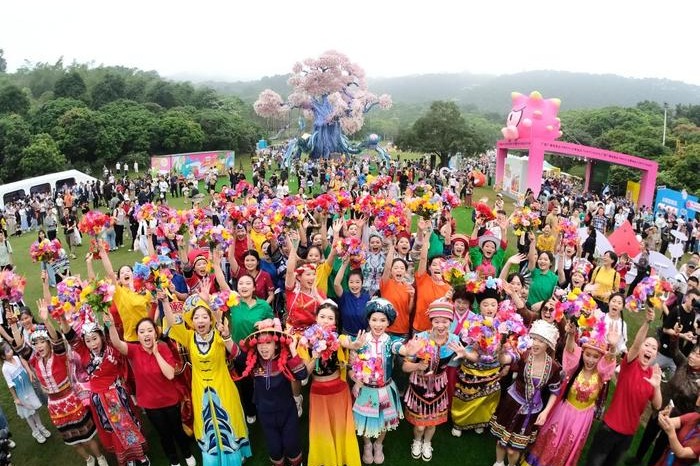Tourism can help boost awareness of ethnic group's unique culture, legislator says

A national-level legislator from the Hezhe ethnic group proposed tourism as an effective way to revive traditional ethnic culture.
Liu Lei, an elementary school teacher from Tongjiang, a town in Heilongjiang province, is the only deputy from the group at the first session of 13th National People's Congress.
"People cannot merely rely on government help," she said. "We are now more engaged in developing tourism and promoting our traditional festive culture among more people."
There are only 5,400 members of the Hezhe group living in China, which makes it one of the smallest ethnic groups.
President Xi Jinping visited Tongjiang in May, 2016, and the visit encouraged locals to protect and enhance their culture and its appeal.
In 2011, the oral art from, Hezhe Yimakan Storytelling, was listed by UNESCO as an Intangible Cultural Heritage in Need of Urgent Safeguarding.
The Hezhe language has no written form, and most speakers of the language are elderly, but Liu said more classes and online platforms like WeChat are now used to teach the language to younger generations.
"We once encountered many difficulties in passing on our cultural heritage," she said. "However, we have so many intangible cultural heritages to be proud of, like fish-skin artworks as well as folk dances and songs."
Liu recalled an elderly Hezhe artisan pleading with her to propose ways to preserve their culture before she came to Beijing.
"He told me that: 'You cannot let the culture disappear in your generation,' that made touched me deeply," Liu said. "It became my duty."
- Lavender tourism festival promotes economic development in China's Xinjiang
- China activates emergency response to flooding in Zhejiang
- Great Wall museum opens in North China
- Rare species return to Qilian Mountains
- Participation of public key in sustainable protection
- Satellite boosts early disaster warnings





































